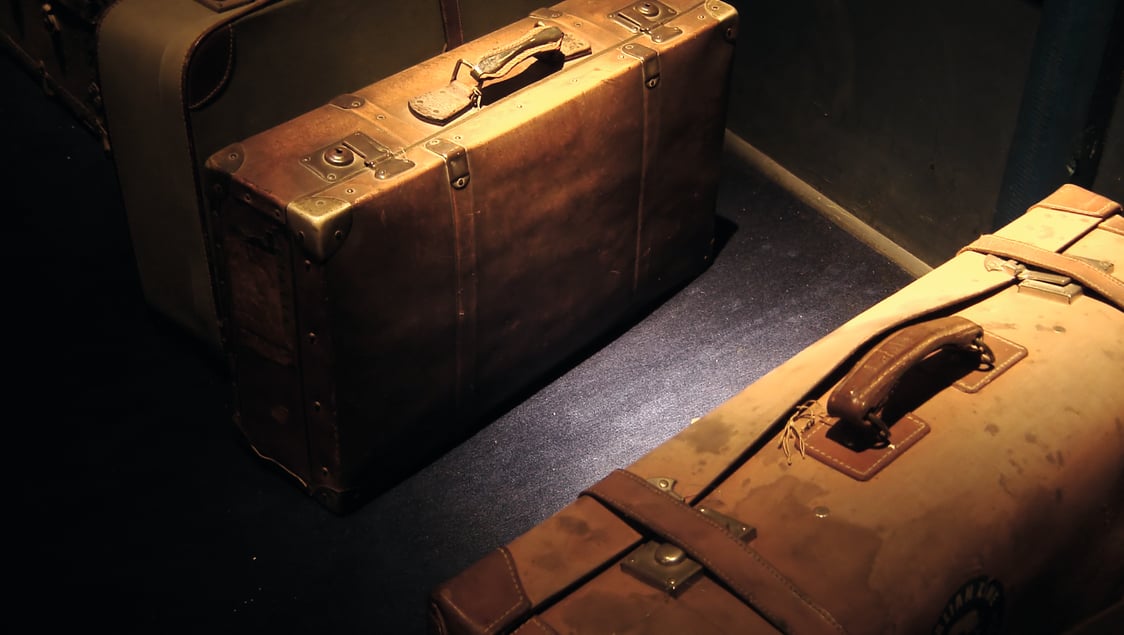
Issue 054
September 2009
Professional fighter Rosi Sexton is a sports therapist and osteopath-in-training. She has fought in countries such as Russia, Canada and the USA, and is ranked as one of the top competitors in her weight class.
I’m fighting abroad for the first time next month. Is there anything extra I need to think about when I’m preparing?
Fighting takes preparation. If two fighters have similar skills and conditioning, the one who is better prepared for the fight has a huge advantage. Getting the preparation right is a challenge at any time, but fighting abroad brings a whole new collection of things to think about. There is no substitute for experience – your own, and from other fighters you speak to – but here’s a few things to consider.
Make a plan
Having a written plan of action for traveling and the time you will spend in a hotel is invaluable. Make lists of everything that you’re going to need, when and where you plan to train, cut weight, eat and (importantly) relax.
Nutrition is particularly important, and it may even be worth contacting restaurants near your hotel or venue beforehand to find out where the best place is to get your ideal pre-fight meal.
Take everything you need
Don’t take it for granted that you’ll be able to get something at your destination, however basic it is. If it’s important, make sure it goes in your luggage. This is particularly true for the food and supplements you normally use if you are cutting weight and rehydrating afterwards. One nightmare scenario is having your luggage not arrive at your destination with you. Just in case, many fighters will pack at least a spare gumshield in their hand luggage.
Don’t get deported
If you are fighting professionally abroad, then you will (officially at least) need a working visa. Get your paperwork sorted out well in advance, so there are no problems at the last minute. Many fighters who are fighting on a relatively low budget decide not to do this. Occasionally this backfires, and they end up being deported before the fight. Be prepared to answer questions about the purpose of your visit, the address you are staying at, who booked your tickets and (if you’ve followed the advice in the previous section) why you have so many tubs in your luggage containing white powder.
Acclimatization
Think about altitude, temperature and time differences at the venue, and where possible travel in plenty of time to acclimatize before your fight. Jet lag is a particular problem because, even if you’re not aware of feeling tired, your body will not perform at its best if it thinks it’s the middle of the night! The rule of thumb is to allow one day for every two hours time difference if you are traveling west, and one day for every hour to the east. If you don’t have that amount of time, then you can start to shift your body clock before you leave home by training, eating and sleeping according to the local time at the venue.
Cutting weight
If you are already making a hard weight cut, then this may be compounded by the effects of travel. Bear in mind that you may retain more water than usual after a long flight, and that it is much harder to be organized about what you are eating and drinking while you are on the road or in the air. If you are traveling close to the fight, allow yourself some leeway – don’t try and make your biggest-ever weight cut the first time out.
Make sure you have access to scales at your hotel to monitor your weight – either take your own, or ensure there will be some there. Compare these to the official scales at the earliest opportunity.
Fight day
Make sure you’re familiar with the local rules, regulations and procedures. You may find yourself doing a lot more waiting around than you are used to, especially if you are fighting in the US for the first time, and in some states there may also be stricter rules about things like hand wrapping and taking food or drink into the dressing rooms.
...









